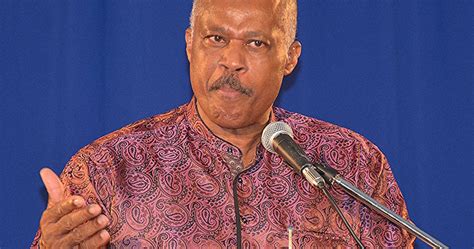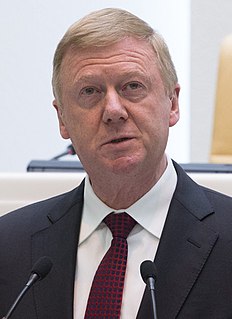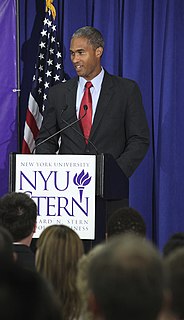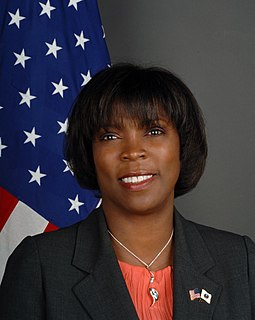A Quote by Hilary Beckles
The cricket star, like everyone else, should have an intelligent understanding of the crisis of the nation-state and the marginalisation of small communities within the global economy.
Related Quotes
2009 was a tough year, but Australia rose to the challenge of the global financial crisis. It shows what can be done when we all join together and work together, governments of all persuasions state, territory and local; businesses large and small; unions and local communities right across the nation.
We should not be living in human communities that enclose tiny preserved ecosystems within them. Human communities should be maintained in small population enclaves within linked wilderness ecosystems. No human community should be larger than 20,000 people and separated from other communities by wilderness areas. Communication systems can link the communities.
Destroying the nation state are mainly three things: the global economy, global communication technology and global culture. And this is where we are lost in the process. What could be something that can provide us a transversal political sense of belonging? At the end of the day, without an alternative we end up with populism in the name of very narrow identities.
Not everyone is sold on crisis consultants. Linda Gray, assistant vice president and director of news and information at the University of Central Florida in Orlando, says that to a certain extent, the worse the crisis, the closer to home you should deal with it. .. You ought to be dealing with the crisis, not explaining things to somebody else.
When I was in government, the South African economy was growing at 4.5% - 5%. But then came the global financial crisis of 2008/2009, and so the global economy shrunk. That hit South Africa very hard, because then the export markets shrunk, and that includes China, which has become one of the main trade partners with South Africa. Also, the slowdown in the Chinese economy affected South Africa. The result was that during that whole period, South Africa lost something like a million jobs because of external factors.
If we start thinking simply nationally, and we start having policies that try and restrict the benefits only within our borders, and try and implement protectionist measures as a consequence, this will not have the effect we need to have on the global economy. And that's ultimately the global economy that's pulling most of us down, particularly countries like Canada, that aren't the source of these current economic troubles.








































